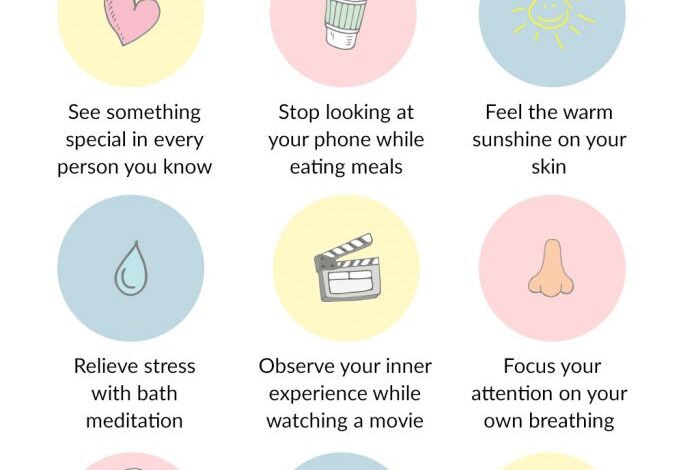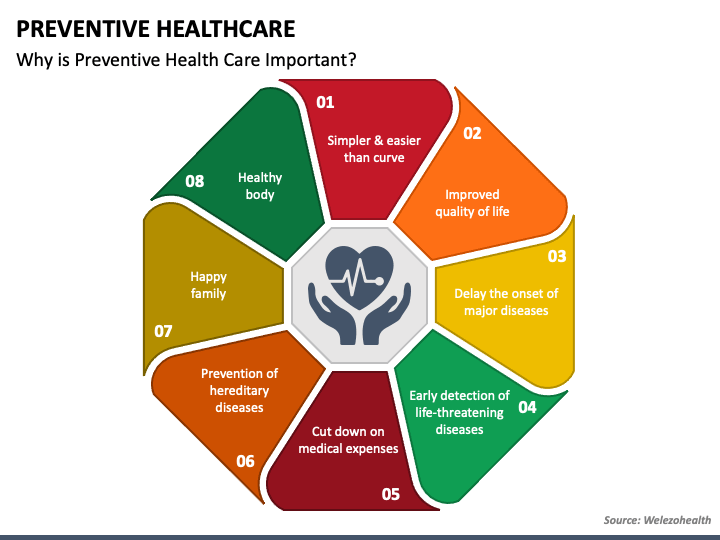Stress Less: Simple Daily Habits for Calm

Daily Habits to Reduce Stress and Anxiety
In today’s fast-paced world, stress and anxiety have become all too common. It feels like there’s constant pressure to do more, be more, and achieve more. While occasional stress is a normal part of life, chronic stress and anxiety can significantly impact your physical and mental well-being. Fortunately, you don’t have to simply *cope* with these feelings. By incorporating small, consistent habits into your daily routine, you can actively reduce stress and anxiety and cultivate a greater sense of calm and control. This post will explore a range of practical habits you can start implementing today.
Mindfulness and Meditation
Mindfulness is the practice of paying attention to the present moment without judgment. It’s about observing your thoughts, feelings, and sensations as they arise, without getting carried away by them. This sounds simple, but it takes practice! A great way to begin is with meditation. You don’t need to sit for hours; even 5-10 minutes a day can make a difference.
There are many types of meditation. Guided meditations, available through apps like Headspace, Calm, or Insight Timer, can be particularly helpful for beginners. These apps provide a voice to guide you through the process, focusing on your breath, body scan, or visualizations. Alternatively, you can simply sit quietly, close your eyes, and focus on your breath. When your mind wanders (and it *will* wander!), gently redirect your attention back to your breath. The key is not to eliminate thoughts, but to observe them without getting attached.
Physical Activity: Move Your Body
Exercise is a powerful stress reliever. When you engage in physical activity, your body releases endorphins, which have mood-boosting effects. You don’t need to run a marathon; find an activity you enjoy and aim for at least 30 minutes of moderate-intensity exercise most days of the week. This could be anything from walking, jogging, swimming, dancing, cycling, or yoga.
Yoga, in particular, combines physical postures, breathing techniques, and meditation, making it an excellent choice for reducing stress and anxiety. It promotes relaxation, improves flexibility, and increases body awareness. Even gentle stretching can help release tension held in your muscles.

Prioritize Sleep
Sleep deprivation significantly exacerbates stress and anxiety. When you’re tired, your body produces more cortisol, the stress hormone. Aim for 7-9 hours of quality sleep each night. To improve your sleep hygiene:
- Establish a regular sleep schedule: Go to bed and wake up around the same time each day, even on weekends.
- Create a relaxing bedtime routine: This could include taking a warm bath, reading a book, or listening to calming music.
- Optimize your sleep environment: Make sure your bedroom is dark, quiet, and cool.
- Avoid caffeine and alcohol before bed: These substances can interfere with sleep.
- Limit screen time before bed: The blue light emitted from electronic devices can suppress melatonin production.
Nourish Your Body with a Healthy Diet
What you eat can have a profound impact on your mood and stress levels. A diet rich in processed foods, sugar, and caffeine can contribute to anxiety and irritability. Focus on eating whole, unprocessed foods, including:
Fruits and vegetables: These are packed with vitamins, minerals, and antioxidants that support overall health and well-being.
Whole grains: Provide sustained energy and help regulate blood sugar levels.
Lean protein: Essential for building and repairing tissues.
Healthy fats: Found in foods like avocados, nuts, and olive oil, support brain function.
Stay hydrated by drinking plenty of water throughout the day. Dehydration can lead to fatigue and irritability.
Connect with Others
Social connection is crucial for mental health. Spending time with loved ones, talking to a friend, or joining a social group can provide a sense of belonging and support. Sharing your feelings with others can help you process your emotions and reduce feelings of isolation.
Don’t underestimate the power of a simple conversation. Active listening – truly hearing and understanding what someone else is saying – can strengthen relationships and foster a sense of connection.
Practice Gratitude
Gratitude is the practice of focusing on the things you’re thankful for. It’s a powerful way to shift your perspective and cultivate a more positive outlook. You can practice gratitude by:
Keeping a gratitude journal: Write down a few things you’re grateful for each day.
Expressing gratitude to others: Tell someone you appreciate them.
Taking time to savor positive experiences: Really enjoy the good moments in your life.
Time Management and Setting Boundaries
Feeling overwhelmed is a major contributor to stress and anxiety. Effective time management and setting healthy boundaries can help you regain control of your life.
Prioritize tasks: Identify the most important things you need to do and focus on those first. Use a to-do list or planner to stay organized.
Learn to say no: Don’t overcommit yourself. It’s okay to decline requests that will add to your stress.
Delegate tasks: If possible, delegate tasks to others.
Schedule breaks: Take regular breaks throughout the day to rest and recharge.
Deep Breathing Exercises
Deep breathing exercises are a simple yet effective way to calm your nervous system and reduce anxiety. When you’re stressed, your breathing becomes shallow and rapid. Deep breathing helps to slow your heart rate and lower your blood pressure.
Try the 4-7-8 breathing technique: Inhale deeply through your nose for 4 seconds, hold your breath for 7 seconds, and exhale slowly through your mouth for 8 seconds. Repeat this several times.
Consistency is key. These habits won’t magically eliminate stress and anxiety overnight. But by incorporating them into your daily routine, you can gradually build resilience and cultivate a greater sense of calm and well-being. Start small, be patient with yourself, and celebrate your progress. If you’re struggling with severe anxiety, please reach out to a mental health professional.



